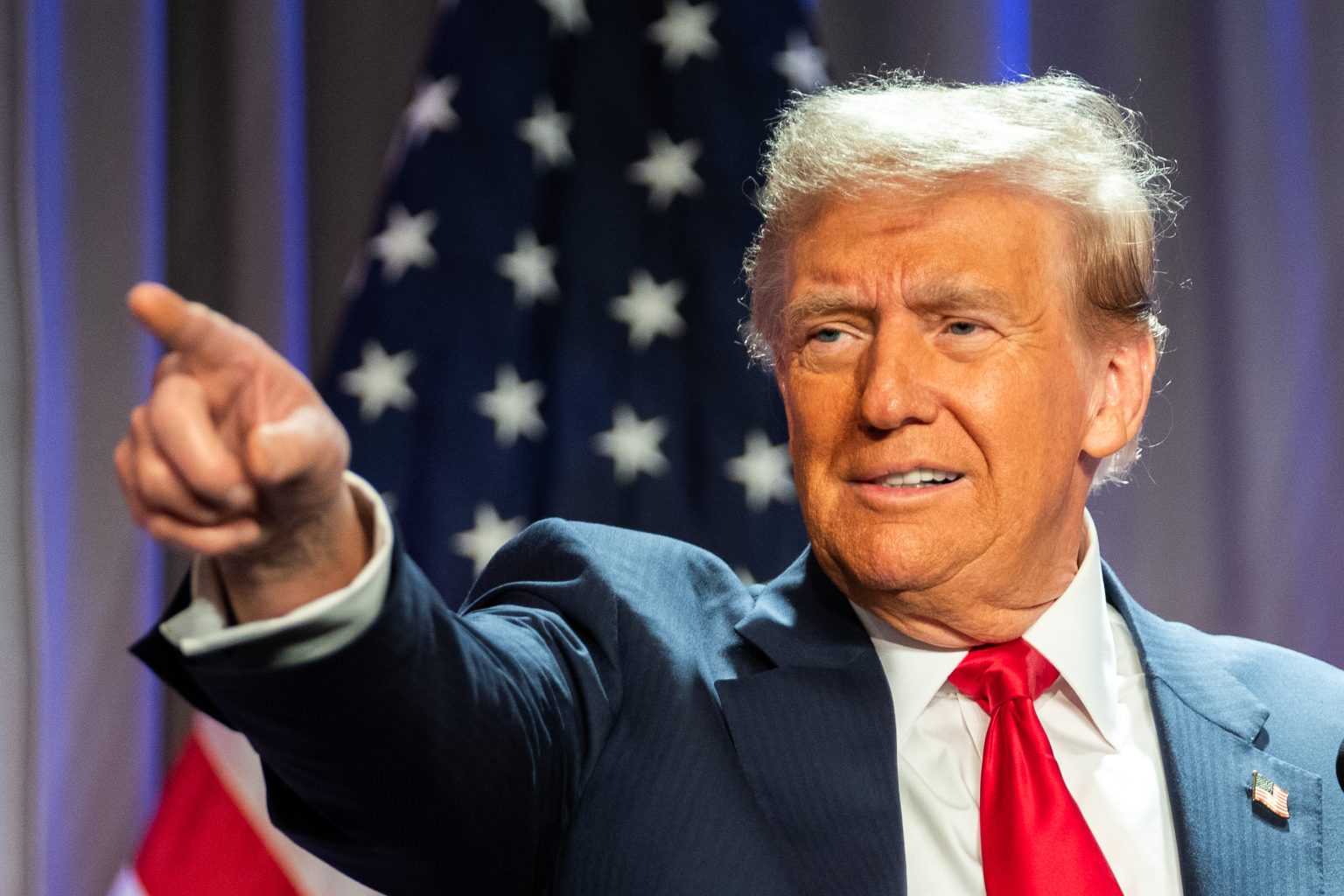Senator Lindsey Graham, a prominent Republican ally of President-elect Donald Trump, publicly disagreed with Trump’s assertion that members of the House select committee investigating the January 6th Capitol riot should be imprisoned. This disagreement arose following Trump’s remarks during an interview on NBC’s Meet the Press, where he stated that committee members, including Representatives Liz Cheney and Bennie Thompson, deserved jail time. Graham’s dissent highlights a rare instance of public division between the two political figures, particularly on a matter as sensitive as the January 6th investigation. Trump’s comments sparked immediate controversy and raised concerns about the potential for politically motivated prosecutions should he return to office.
The House select committee, chaired by Democrat Bennie Thompson, was a bipartisan effort, though its Republican members, Liz Cheney and Adam Kinzinger, were both outspoken critics of Trump and his role in the events leading up to the riot. The committee’s investigation ultimately led to criminal charges against Trump by the Department of Justice, related to his attempts to overturn the 2020 election results. These charges were later dismissed without prejudice following Trump’s victory in the 2024 election, adding another layer of complexity to the already charged political landscape. Trump has consistently maintained his innocence, claiming the charges were politically motivated.
Trump’s allegations against the January 6th committee extended beyond calls for imprisonment. He accused the committee of fabricating evidence and lying, assertions for which no supporting evidence has been presented. While he initially suggested directing his future FBI director and attorney general to pursue jail sentences for committee members, he later appeared to backpedal, stating he would focus on his energy policy instead. This apparent shift in stance, coupled with his earlier rhetoric, fueled anxieties about potential retribution against political adversaries.
These concerns regarding potential retribution became a recurring theme during the election cycle. Trump had previously hinted at the possibility of imprisoning political opponents in a Newsmax interview, while also asserting his right to pursue legal action against them in a separate conversation with Fox News host Sean Hannity. These pronouncements contributed to an atmosphere of apprehension about the potential for a politically divisive and vindictive second Trump term. Despite these concerns, Trump’s transition team attempted to project an image of unity and inclusivity, emphasizing his intent to serve all Americans, regardless of their political affiliation.
The reaction to Trump’s comments varied across the political spectrum. Adam Kinzinger, a member of the targeted January 6th committee, directly addressed Trump’s accusations, denying any wrongdoing and defending the committee’s work as fact-based and constitutionally sound. He challenged Trump’s threats, expressing his lack of intimidation and criticizing the former president’s actions on January 6th as cowardly and disrespectful of democracy. This defiant response underscores the deep divisions within the Republican party regarding Trump and the legacy of the Capitol riot.
Meanwhile, Senator Mitt Romney, a frequent Trump critic, downplayed the threat of retribution. He attributed Trump’s pronouncements to hyperbole, suggesting that the former president’s calls for imprisonment were not to be taken literally. Romney expressed confidence that only those who had committed crimes would face prosecution, while also acknowledging the potential for politically motivated investigations given Trump’s past rhetoric and actions. This nuanced perspective reflects the complex challenge facing Republicans as they navigate the post-election landscape and attempt to reconcile internal divisions while addressing the potential consequences of Trump’s return to power. The clash between Trump’s pronouncements, the concerns they raise about political retribution, and the varied responses from within the Republican party underscore the significant political and legal ramifications of the January 6th investigation and its ongoing impact on American politics.


